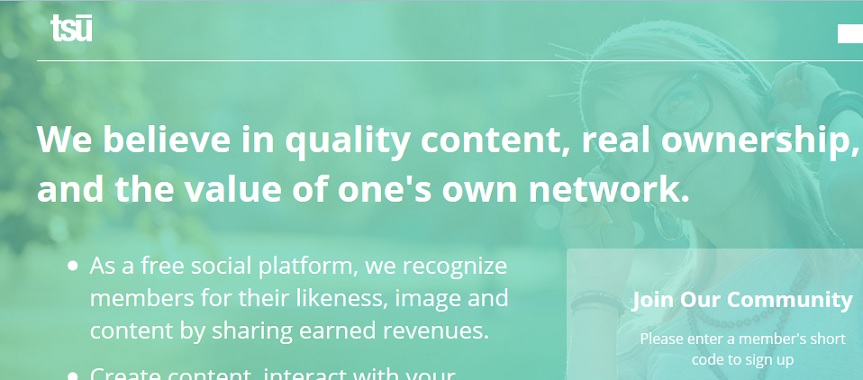This is indeed news for those of you out there who are avid users of messaging app, WhatsApp.
In a 1st, a new SIM card called WhatSim, for a small fee, lets you chat “absolutely free of charge & without any limits” using WhatsApp from almost anywhere in the world. WhatSim connects to more than 400 operators in about 150 countries. It’s developer say from anywhere in the world, it connects to the provider with the best coverage & signal right where the user is. If the user changes location, it automatically searches for a new provider. If a better one is available, it connects by itself without the user even noticing it.
The idea came to an Italian entrepreneur, 38-year-old Manuel Zanella, engineer, founder & CEO of Zeromobile – Italy’s 1st global mobile operator for low-cost roaming, & with the participation of Ennio Doris, Founder & President of Mediolanum Group, they went about implementing it.
In 2011, Manuel had also released ‘i’m Watch’, which he claims was the world’s 1st smartwatch, designed & manufactured by ‘i’m Spa’, a company founded with the support of Ennio.
In a media release announcing the launch of WhatSim, Manuel says: WhatSim is a stroke of genius. That comes from far away…In 2003 I went on my honeymoon to Kenya. I needed to find a cheap way of calling without international roaming & its outrageous costs so I created Zeromobile.
The world has changed once again so I’ve launched WhatSim. In a world where more & more people are traveling, the need to stay in touch with others in a simple & fast way has become essential. Once we would call, then we started sending text messages. Now these are days of WhatsApp. Since 90% of my contacts have WhatsApp, I decided to create a Sim card dedicated specifically to WhatsApp.
We all know how popular WhatsApp is today. A few weeks ago, the CEO of WhatsApp had issued a statement listing his company’s achievements: 700 million active users & 30 billion messages exchanged every day.
WhatsApp is the future of mobile communications. Its only “limit” is the data connection especially when you are traveling because the roaming charges are expensive & you can’t always find Wi Fi everywhere, & it is not always free. As someone who appreciates & uses WhatsApp, I tried to figure out how to get around this problem. That’s why WhatSim is an extraordinary opportunity for WhatsApp, explains Manuel.
Here’s the philosophy guiding WhatSim:
To use WhatsApp, even when traveling, you need a data or Wi Fi connection to chat for free. The most common problem is that the roaming data connection is usually expensive, & also that Wi Fi is not available everywhere, plus it is not always free.
However, Manuel claims, WhatSim allows you to chat with WhatsApp whenever you want.
WhatSim costs €10 & for that amount, & no other cost, you can chat for free all over the world for a year. “To continue chatting free & with no limits for a year, you will always pay €10,”says Manuel. Of course only if you choose to use it. WhatSim has neither fixed costs nor monthly paymentsm & it never expires.
With WhatSim, WhatsApp users lets you exchange not only words, but also multimedia messages, at slightly cheaper rates. To enable sharing photos, videos, voice messages or your location & contacts (which are notified free even without recharging), users need to buy a credit package starting from a minimum charge of €5.
As Manuel explains: The solution we have developed is simple & intuitive. With €5 you get 1000 credits that you can use, for instance, to exchange 50 photos or 10 videos in many countries around the world. There are no limits to sharing your position and contacts. This way we guarantee the utmost transparency. Buying a recharge is quick & easy from our Website.
This card goes even further. WhatsApp subscription fee, starting from the second year of use, will be refunded by WhatSim, on renewal of WhatSim.
Manuel stresses that WhatSim has enormous potential in developing countries where coverage by single operators is not always optimal and where the base cost for communicating with WhatsApp using a conventional SIM could actually be more expensive in some cases. WhatSim’s great innovation is its very low flat rate for an entire year all over the world., he adds.
Image Credit: WhatSim
Advertising Message


